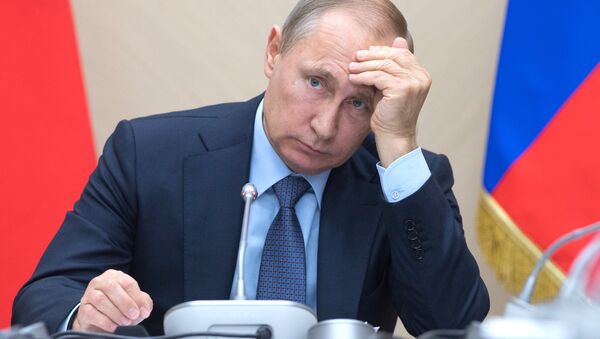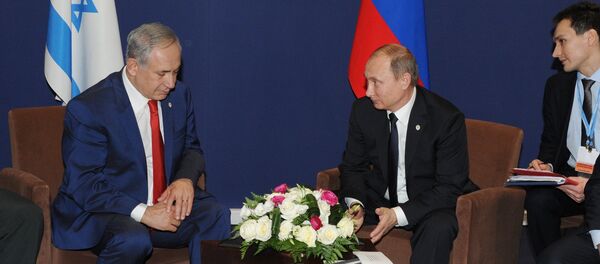MOSCOW (Sputnik) – Earlier on Monday, the fund published a ranking of the most influential public politicians who could become Putin's successor. Prime Minister Dmitry Medvedev topped the list, followed by Mayor of Moscow Sergei Sobyanin and Governor of Tula Region Alexey Dyumin.
While the experts also said that the methodology behind the ranking was incomprehensible, the fund itself pointed out that the issue of Putin’s successor would be widely discussed in the upcoming year.
PREMATURE AND INCOMPREHENSIBLE
Head of the Political Expert Group Konstantin Kalachev said that any methodology and selection of evaluation parameters could be challenged.
"To discuss successors of a person who has not yet officially become a candidate but will [become one] in the future… The issue of a successor is premature and seems like a sort of intellectual provocation, graceful trolling, cunning misinformation, intelligent incitement – however you wish [to think about it]. In my opinion, it is quite specific and inciting trolling," Kalachev said.
Political scientist and member of the expert council at the Institute of Socio-Economic and Political Studies Alexei Zudin noted that the NGO's criterion for the "degree of closeness to the president" was reasonable. However, the expert noted that if this criterion was automatically applied to all the political figures mentioned by the media, the situation would "get ridiculous."
Zudin also found it absurd that founder of the Anti-corruption Foundation and Russian opposition figure Alexey Navalny was among the top 20 of Putin’s possible successors.
"It is ridiculous to consider Navalny as a successor for Vladimir Putin, not only because he represents the opposition but because he is a disappearing entity," the analyst said, noting that such an automatic, multiple application of this criterion was inappropriate.
Zudin also said it was strange to discuss the next Russian leader before the upcoming election since Putin has not even said he would run for a second term. There is, however, a huge demand among the public for him to do so, the expert pointed out.
"Due to [this public opinion], Putin, who had not yet announced his decision, is the no-alternative figure in the 2018 presidential election," Zudin concluded.
Zudin noted that the issue of Putin’s successor was not quite appropriate for public discussion.
"Should it be assessed as a political tool, as an attempt to influence public opinion, or maybe the president?" the analyst asked, suggesting that the ranking was not designed to influence anyone.
Zudin characterized the document as "regular ranking report" that was "not very smart and not entirely within the appropriate context."
Kalachev, in turn, noted that the ranking’s results might not be verified, while Mukhin called the political meaning of the document "a thing-in-itself, like a philosophic category."
"This document will not have any impact on actual politics," Mukhin explained.
FUNDS’S EXPLANATION
Mikhail Vinogradov, the president of the Petersburg Policy fund, said that the criticism toward the criteria regarding closeness to the president was fair.
As far as the criticism about the ranking's premature publication is concerned, Vinogradov said it was not worth waiting for any developments as the upcoming year will pass in discussions on the successor issue regardless of Putin’s intentions.




